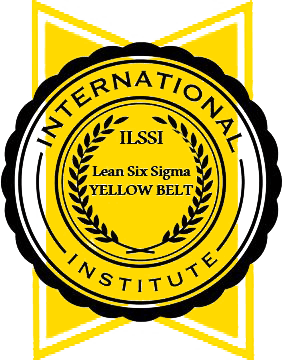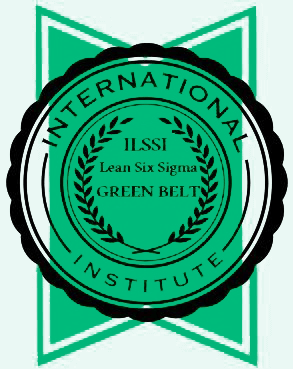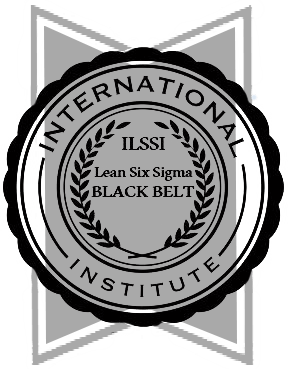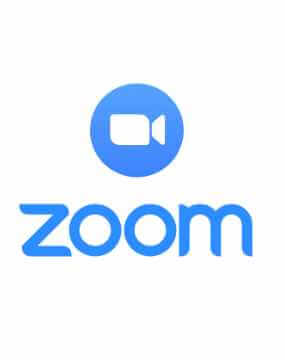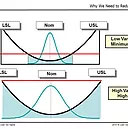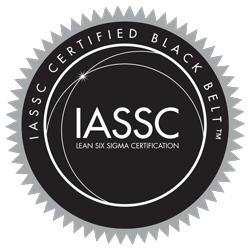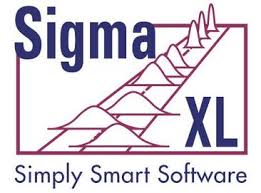Lean Production Games
Developed by MTa Leaning, a world leader in interactive learning tools, Lean Production Games are incorporated into all of our trainings and designed to accelerate process improvement and promote a Lean culture in your organization. The Lean Production Games provide a dynamic experiential learning experience, which help to supplement and embed the knowledge gained from the trainer.
The design of the activities and the participants’ workbooks structure the learning through 5 phases. The activity and support materials are designed to take the participants through a structured approach to learning that includes:
- Activity
- Review to develop learning
- Implementation of learning
 Phase 1 : Specifications and Quality through eyes of the customer
Phase 1 : Specifications and Quality through eyes of the customer
Example learning points to look for in phase 1:
- Efficient layouts
- Understanding product specifications
- Definition of product quality
- Dealing with surplus materials
An example question from the phase 1 review sheet:
- Would it have helped if you had discussed business or order processing issues with the customer? If so, what would you want to achieve from these discussions?

 Phase 2 : Waste and Batch Production
Phase 2 : Waste and Batch Production
Example learning points to look for in phase 2:
- Communicating with the customer
- Effective location and storage of components
- Problems with batch production and high WIP
- Internal communications
- Understanding priorities
An example question from the phase 2 review sheet:
- There is likely to have been a lot of waste during phase 2. What was wasted or caused the waste?
 Phase 3 : Pull and Visual Management
Phase 3 : Pull and Visual Management
Example learning points to look for in phase 3:
- Process design for market requirements
- Use of visual displays and pull systems
- Benefits of shorter lead times
- Overall capacity planning
- Work distribution and balance
An example question from the phase 3 review sheet:
- Compare the work load in different areas. How well was it balanced? Were there any bottle necks or slack?
 Phase 4 : Flow and Division of Labour
Phase 4 : Flow and Division of Labour
Example learning points to look for in phase 4:
- Coping with variable customer demand
- Alternative forms of Kanbans
- One-piece flow and appropriate documentation systems
- Teamwork and flexibility
- Clear definition of responsibilities
An example question from the phase 4 review sheet:
- If your customer demand quadrupled what are the advantages and disadvantages of: adding more people to existing work stations (and sub-dividing the work) or having several work stations working in parallel?
 Phase 5 : Supply Chain Management and Continuous Improvement
Phase 5 : Supply Chain Management and Continuous Improvement
Example learning points to look for in phase 5:
- Customer/supplier relationships
- Dealing with remote businesses
- Avoiding component shortages
- Simplifying the supply of components
- Supply chain information flow and constraints
An example question from the phase 5 review sheet:
How do you think the following could benefit by the effective implementation of the principles introduced in through KanDo lean:
- Customers
- Companies
- Workers
- Suppliers
We use the Lean Production Games as part of our Yellow, Green and Black Belt training, however we also offer it as a stand alone 1-day or 2-day facilitated workshops.
This is perfect for onsite training with teams who are just being introduced to Lean concepts.
See below for details or download .pdf for Printing. Lean Production Games-Mta.pdf
Lean Production Games-Mta.pdf
The Lean Production Game
1-day facilitated workshop
£295 per person)
( Ask about Group Discounts )
2-day facilitated workshop
£395 per person
( As about Group Discounts)


